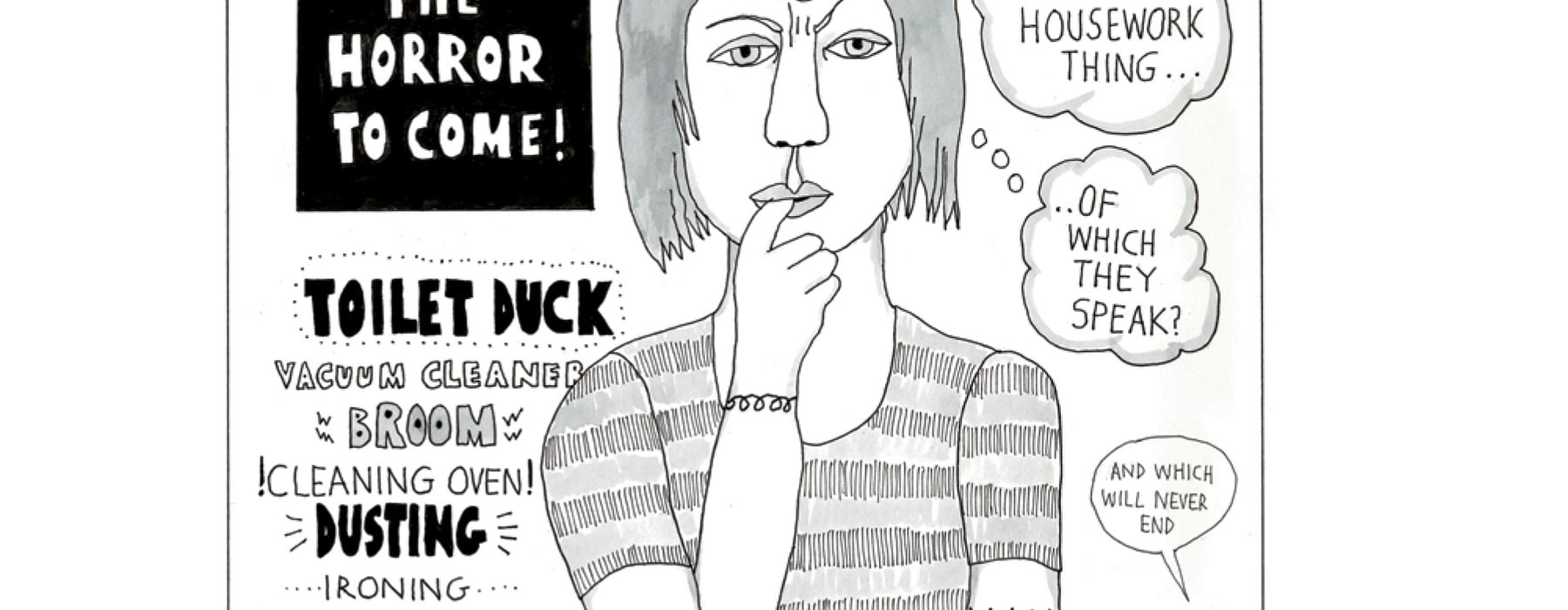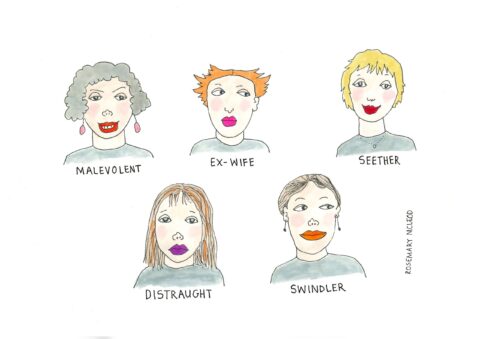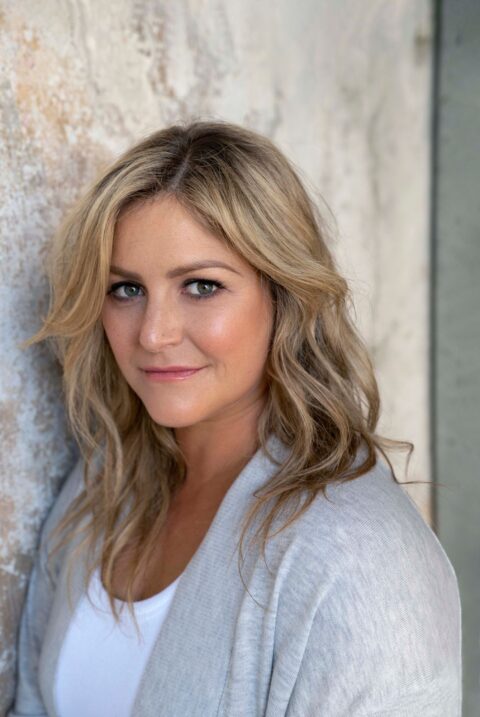Rosemary reminisces on her mother’s housekeeping habits – and wonders if the tidying trait skipped a generation.
I come from the aristocracy of clean. We go untitled but recognise each other with handshakes reeking of disinfectant. Or rather, others do.
I let the side down.
The three generations of women before me on my mother’s side were all in domestic service at some point. My great-grandmother was a dairy maid, my grandmother a maid who liked looking after small children, and my mother had little option when her marriage broke up.
In those days people advertised for housekeepers, and women like her with little formal education didn’t have much choice but to apply. She worked at a series of places, never for long. Some of which I can remember, fleetingly, in awkward visits as the child of the help. One wealthy woman, rather drunk, squished her cigarette into my cheek accidentally. That was memorable.
I can imagine my mother lost her temper with her employers, and invariably walked out because she felt she was better than this. Working for demanding people you envy for low rates of pay was once all many young women could expect – but it wasn’t fun.
The outcome of that time in my mother’s life was the grim cleanliness she kept up wherever she lived. If she couldn’t be married to a wealthy man, at least nobody would run a finger along her bookcase and find dust. All windows were opened on weekends for chilly air to blast through, then she lit incense sticks in case anything dared to smell. The insides of cupboards were emptied and thoroughly wiped down. Floors were washed, toilets scrubbed, and oven blitzed. It was terrifying.
If she couldn’t be married to a wealthy man, at least nobody would run a finger along her bookcase and find dust
That is the aristocracy of clean; the high standards people keep up when they own nothing, least of all the roof over their heads. It’s an expression of pride in adversity, dignity when you have no status. You will not be faulted for your floors – “you could eat off them!” people cried in imaginary admiration. Much has changed.
I was reminded of this quest for perfection because one of my kids has been flat hunting in these desperate times, and finally secured one. That led to a compelling dream in which an imaginary mother-in-law commented, as I was waking, that she liked me but my housekeeping was filthy.
All that day I was mortified.
I cleaned the house furiously for two hours in the morning and saw dust and dirt everywhere, channeling the power of my mother’s commanding personality, even from the grave. I have an internal reel of other criticisms to contend with; they were frequent and thorough. What power parents have.
All my mother’s cleaning ritual was performed in a state unit she was lucky to get, not a home of her own. That is becoming an intolerable reality as house prices climb beyond the reach of anyone but the rich, and young people despair of ever escaping from the reign of landlords. Today she might have been homeless.
As my son found a flat, successful at last, I thought back over years of my own blankness as a young person flatting, and couldn’t remember what cleaning I did, or if I ever used a vacuum cleaner. I know I washed dishes, but never the teetering piles left by male flatmates who expected an invisible mother to clean up after them. I probably neither noticed nor cared about the rest.
This is the kind of cluelessness landlords may have to contend with, but I’m not sorry for them. There is something crudely carnivorous in squeezing exorbitant rents out of people who’ll never have a place to call their own. We’re creating deep intergenerational bitterness as we lock away home ownership from our children’s futures, as investors even snaffle up houses in small towns. No good can come of this era of housing greed.








